As the founder and first emperor of Mongolia, this Medieval warlord united the nomadic tribes of the steppes under his rule, which after his death became the largest contiguous land empire in history.
Who was Genghis Khan?
Known as Ozymandias to the Greeks, this ancient warrior king is regarded as one of the greatest pharaohs of the New Kingdom, whose reign saw the construction of great temples, cities and monuments, and several campaigns into Nubia and the Levant.
Who was Ramesses II?
Nicknamed Gloriana and the Virgin Queen, this Tudor monarch established the foundations of Anglicanism, successfully defended England against the Spanish Armada, and sponsored a renaissance of theatre through figures such as William Shakespeare.
Who was Elizabeth I?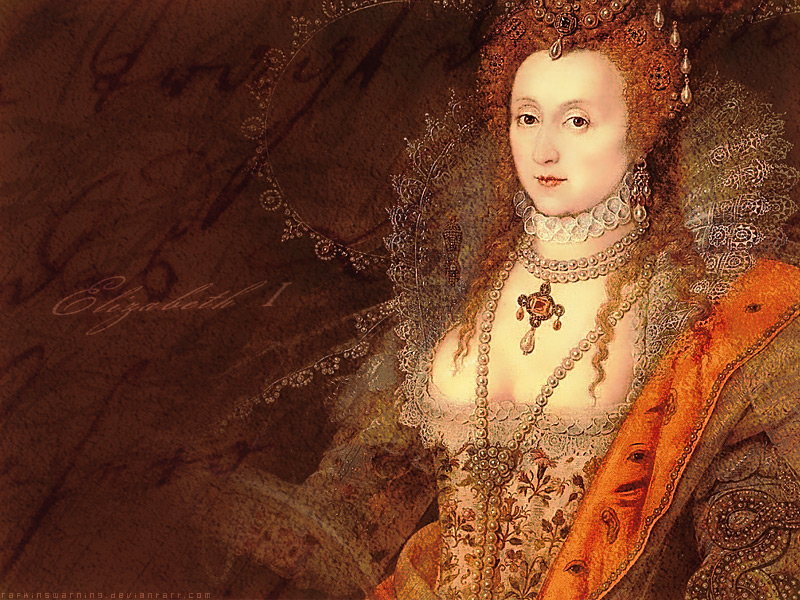
The sixth king of the Amorite dynasty, reigning from 1792 BC until his death, is best known for unifying almost all of Mesopotamia and creating one of the first known codes of laws in human history.
Who was Hammurabi?
The sixteen President of the United States is best remembered for leading the Union to victory in the American Civil War and afterwards abolishing slavery in the United States, before being assassinated by a Confederate sympathizer.
Who is Abraham Lincoln?
The fourth king of the Joseon dynasty, renowned for his patronage of science and literature, his extensive legal and economic reforms, and particularly for his creation of the Korean alphabet hangul.
Who was Sejong?
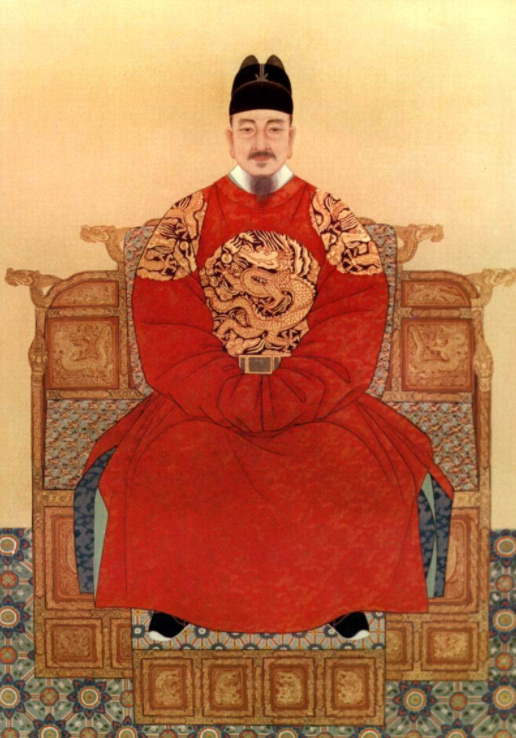
Nicknamed the Lion of Mali, this 13th-century king founded the Mali Empire after his victory over the Sosso empire.
Who was Sundiata Keita?
Following her husband's death at the Battle of Thermopylae, this queen led the Greeks in his absence during their war with PErsia.
Who was Gorgo of Sparta?
Believed to be the son of a goddess and a mortal king, the king of Uruk is the main character of what is considered the oldest work of literature in history.
Who was Gilgamesh?

The fifth tlatoani of Tenochtitlan and second huey tlatoani is best known greatly expanding his empire, as well as consolidating Tenochtitlan's supremacy as the dominant partner over Texcoco and Tlacopan in the Aztec Triple Alliance.
Who was Montezuma I?
Despite her 21-year lifespan, this rebel warrior led an uprising against the Eastern Wu occupation of her tribe, and afterwards became a popular and highly celebrated folk hero in her people's culture.
Who was Bà Triệu?

Christened Alfonso I, the sixth manikongo was responsible for the spread of Catholicism through his kingdom after the arrival of the Portuguese and sternly advocated for the abolition of the Atlantic slave trade.
Who was Mvemba a Nzinga?

Aside declaring himself king of England, Portugal, Naples and Sicily, the Duke of Milan, and Lord of the Netherlands, this 16th century Habsburg monarch ushered a Golden Age for his empire, as it experienced a flourishing of art and literature.
Who was Philip II?
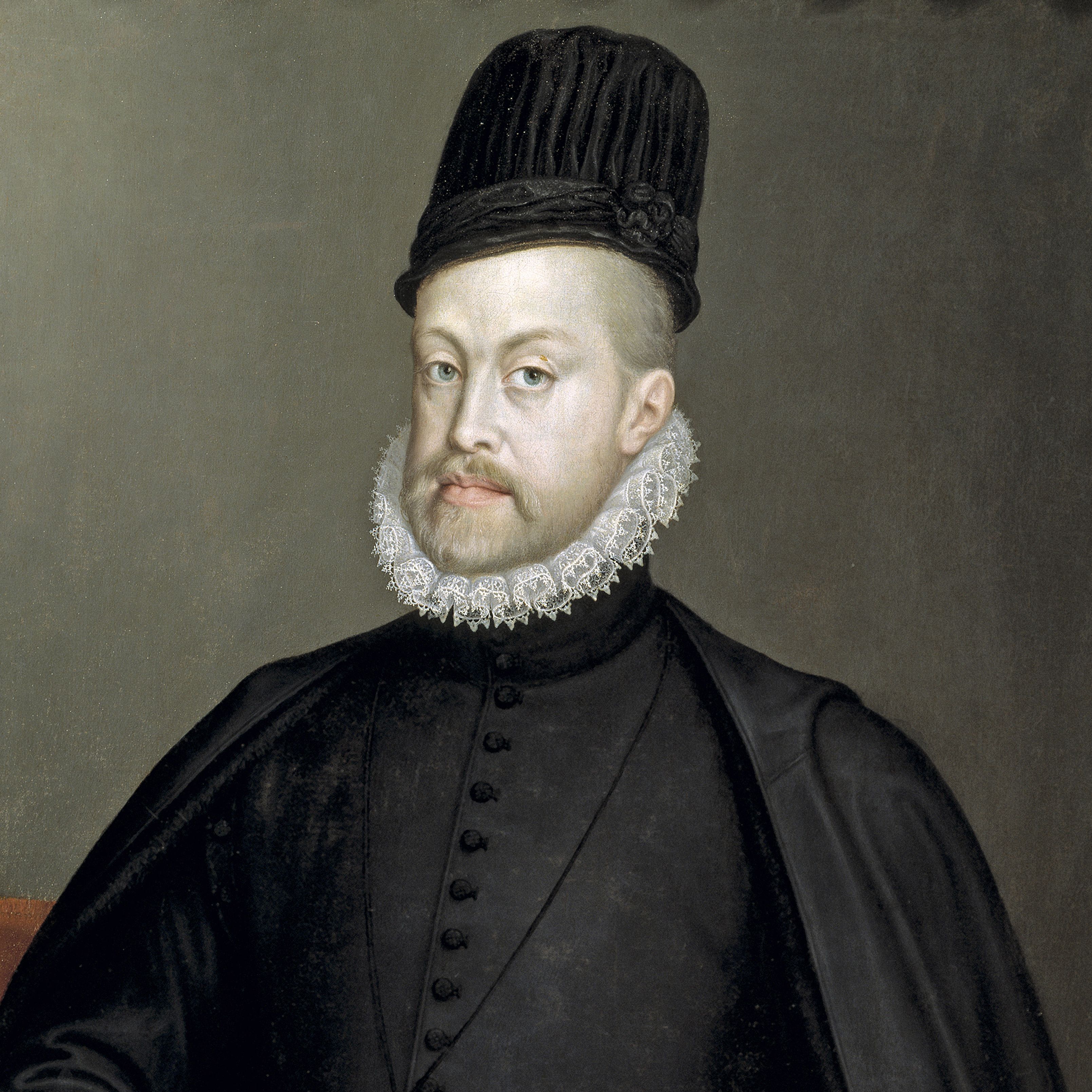
Featured in Virgil's Aeneid, this Tyrian queen fled her country, after her husband was slain by her brother, and founded the city of Carthage.
Who was Dido?
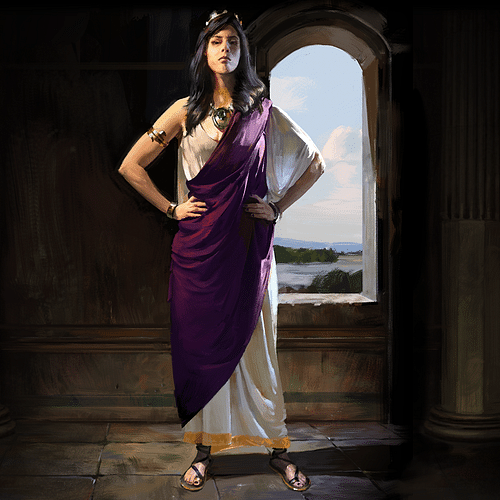
Born Cusi Yupanqui, the ninth Sapa Inca of Cusco conducted a swift and far-reaching his kingdom, through a combination of military campaigns and skilled diplomacy.
Who was Pachacuti?

The eighth shikken of the Kamakura shogunate, ruling from 1268 until his death, and is known for repelling the Mongols in their attempted invasions of Japan, as well as for fostering the spread of Zen Buddhism through the samurai class.
Who was Hojo Tokimune?

Ruling alongside her son Natakamani, she is considered one of the last great Kushite builders, her reign overseeing extensive construction and restoration projects of temples, pyramids and reservoirs in the capital city of Meroë.
Who was Amanitore?
Her marriage to Jogaila, Grand Duke of Lithuania, set the foundations for the creation of the Polish-Lithuanian Commonwealth, and fostered the Christianization of Lithuania, the last remaining pagan country in Europe.
Who was Jadwiga?
The first sultan of Egypt and Syria and the founder of the Ayyubid dynasty, he is known for his defeat of the various Crusader states, particularly his victory at the battle of Hattin and capture of the Kingdom of Jerusalem in 1187, successfully re-establishing Muslim control over the Levant after the Third Crusade.
Who was Saladin?
Ncknamed El Libertador, the Venezuelan general and statesman who liberated much of South America from Spanish control during the Spanish American wars of independence, and became the first President of Colombia, Ecuador, Panama, and Venezuela.
Who was Simón Bolívar?

His reign saw the construction of the Forbidden City, Zheng He's maritime expeditions, and a significant reformation and expansion of the imperial examination system.
Who was Yongle?
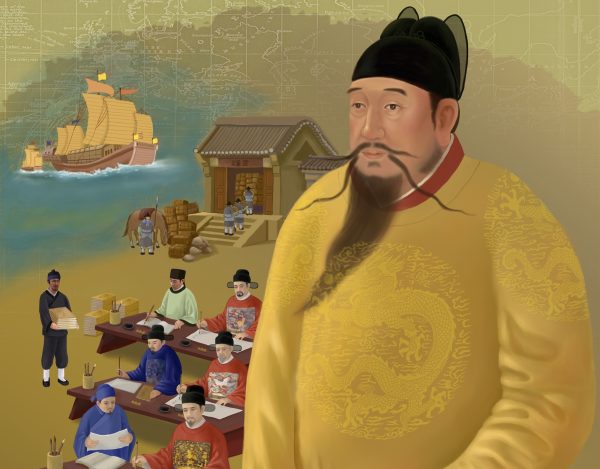
Baptized as Sahle Maryam, this Aksumite emperor was renowned for his expansion and modernization of the empire and his victory in the First Italo-Ethiopian War, which secured his people's independence from European imperialism.
Who was Menelik II?
Nicknamed the Pious, this seafaring European monarch was known for his expansion of his empire, starting the colonization of Brazil, and secured control of the Maluku Islands, ensuring a monopoly over the spice trade.
Who was João III?

The founder and first shah of the Afsharid dynasty of Iran was renowned for his strategic brilliance and extensive military campaigns greatly expanded the Sasanian Empire, which earned him epithets such as "the second Alexander" and "the Napoleon of Persia."
Who was Nader Shah?

Also known as Wak-Chanil-Ahau, this queen who ruled the city-state of Wak Kab'nal from 682 until her death, first as queen regnant and since 693 as regent to her son Smoking Squirrel.
Who was Lady Six Sky?
